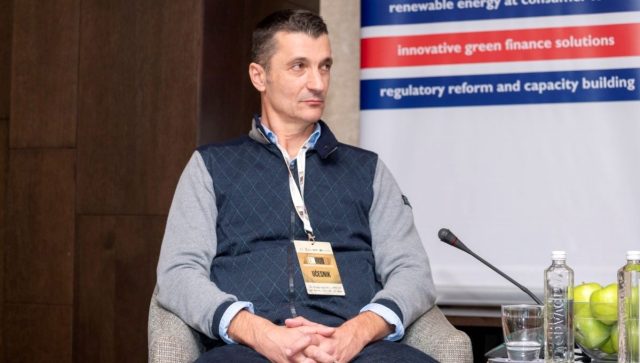Source: biznis.rs

The situation in the energy sector has changed all over the world as a result of major processes. The flare-up of the war in Ukraine and the tight energy supply situation that preceded it were a very strong external shock. Such events, in addition to bringing new problems, expose all the weaknesses of the system that already exist and help to reveal them. Insufficient and low-efficiency investment, poor management, difficult access to quality fuels, low energy efficiency and suboptimal use of renewable sources, and widespread energy poverty represent a poor framework for maintaining security, affordability and sustainability of energy supply. However, external shocks also bring opportunities for decision-making to change bad practices. I expect that we will make such a decision in an appropriate way as a society.
This is how Aleksandar Macura, co-founder and program director of RES Foundation, which collects, analyzes and distributes knowledge for the creation of evidence-based public policies in the field of energy and climate change, assesses the current situation in energy. In an interview with Biznis.rs, he talks about energy efficiency, the crisis, energy management and the state’s strategy for air protection until 2030.
How long could the energy crisis last and how will it affect citizens and the economy?
“I have no power to predict how long the crisis will last, but it will certainly bring higher costs to the economy.” As higher energy costs will not bypass any competitor, the issue of productivity remains key. Energy efficiency and increased meaningful use of renewable resources can significantly improve productivity. On the other hand, the increase in energy prices for citizens will further deepen the problems of energy poverty and highlight the urgent need to improve energy efficiency among vulnerable categories of citizens. For better-off categories of the population, it will lead to a redistribution in the cost structure, which is not necessarily bad news, and may encourage investments in energy efficiency where numerous other obstacles are not prohibitive.”
You often point out that it is not only important to save energy, but also to use it in the most efficient way, which significantly affects the increase in energy efficiency. What should you pay special attention to? How well do our citizens know and apply EE principles in practice?
“The offer of quality information about what energy efficiency is – and what it is not – is insufficient. Domestic regulations allow the distribution of catastrophically bad technologies, and in such situations, only above-average informed citizens can make good decisions. Such a situation increases the chance of reducing the public good.”
What is your advice to property owners and all those who manage residential and commercial facilities – how to adapt their energy management to the current crisis situation that will certainly continue for some time?
“Efficient use of locally available energy may sound like banal advice, but it’s the best I can give.” The calculation of the ratio of benefits and costs depends a lot on government policy. Citizens could think about how much this calculation is distorted by public policies. It is enough for them to think about whether it is really expected and sustainable that natural gas is the cheapest fuel for heating according to the claim of the Energy Agency of the Republic of Serbia. So – efficient use of locally available resources.”
On December 8, the Government of Serbia adopted the Air Protection Program in the Republic of Serbia for the period from 2022 to 2030, with an action plan, which defines the measures and activities that will be implemented in the following period in order to improve air quality. The Ministry of Environmental Protection points out that Serbia has for the first time received a strategic document for the area of air protection, the implementation of which will require investments of 2.6 billion euros. What do you expect from this Program?
“Since my profession is best described as a public policy analyst, I always have more anxiety than hope.” This document, unlike many other public policy documents, also brings some hope! In it, for the first time in a document of the public policy of the Republic of Serbia, it is pointed out the terrible health consequences of pollution, the inevitability of urgent alignment of emissions from the power industry with the legal norms valid from 2018, and the need for a massive change in the way we heat in all of Serbia . I expect the Council for Public Health of the Republic of Serbia to convene as soon as possible and to start performing the tasks provided for by law. I also expect that all those who are interested in the implementation of this Program will gather, organize the preparation of financing and the plan for the implementation of this Program. The change outlined in this Program is a change that this society has not seen recently and requires a much better organization than usual.”
What are the RES Foundation’s plans for the coming year?
“We at RES Foundation plan to understand where the world and our society in it wants to go when it comes to the sustainability of energy and how it plans to protect all those who cannot do it alone on that path.” At the moment it is not completely clear to us, so it is difficult to direct our small resources in the best possible way. We will certainly continue to advocate that the efficient use of locally available sustainable energy sources is simplified and that the support for those who cannot do it alone is multiplied many times over.”
